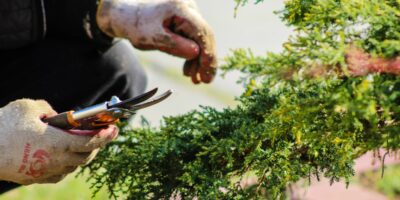Does Neem Oil Kill Japanese Beetles?
Does Neem Oil Kill Japanese Beetles?
Neem oil is becoming popular for garden pest control. It’s a natural product derived from the seeds of the neem tree (Azadirachta indica). Many gardeners use it to fend off various pests. But does it work on Japanese beetles?

Understanding Neem Oil
Neem oil works mainly because of a compound called azadirachtin. This compound can repel and kill pests. It disrupts their growth and mating. Unlike chemical pesticides, neem oil breaks down quickly in the environment. It is often considered safe for humans and animals.
Japanese Beetles: A Garden Nemesis
Japanese beetles are notorious for their appetite. These beetles feed on over 300 plant species. They skeletonize leaves, leaving plants weakened and unsightly. Their larvae, known as grubs, feed on grassroots, damaging lawns.
Neem Oil and Japanese Beetles
Neem oil can indeed affect Japanese beetles. When sprayed on plants, it acts as a repellent. The beetles are less likely to feed on such plants. If they do ingest azadirachtin, the beetles will be affected. It disrupts their normal life cycle. They lose their appetite and fail to reproduce effectively.
The application timing is crucial. For maximum effect, gardeners should apply neem oil at the first sign of beetles. Continued application may be necessary as neem oil washes off with rain and degrades in sunlight.
How to Apply Neem Oil
Applying neem oil is straightforward:
- Mix according to the instructions on the product label.
- Use a garden sprayer for even coverage.
- Spray in the early morning or late afternoon. Avoid high heat.
- Cover all plant surfaces, including undersides of leaves.
Be consistent with applications, especially if rain is frequent.
Safety Considerations
Neem oil is generally safe but always follow the product guidelines. Wear gloves and avoid inhaling the spray. While it’s safe for many beneficial insects, avoid spraying directly on pollinators like bees. Consider applying in the evening when they are less active.
Effectiveness and Limitations
Neem oil is effective, but not a standalone solution. It works best as part of an Integrated Pest Management (IPM) approach. Complement neem oil with other strategies:
- Handpick beetles in the early morning. Drop them into soapy water.
- Use traps strategically. Place them away from plants you want to protect.
- Introduce natural predators like parasitic wasps and nematodes.
Neem oil helps, but persistence is key. Monitor your plants regularly. Stay vigilant as beetles can invade quickly and in large numbers.
Environmental Impact
The use of neem oil aligns with eco-friendly gardening. It’s biodegradable and less harmful than many synthetic pesticides. This makes it a good option for those aiming to reduce chemical use in their gardens.
Conclusion
Neem oil can be an effective tool against Japanese beetles when used correctly. It doesn’t eliminate the need for other control methods but offers a safer alternative to chemical pesticides. Remember to balance neem oil use with other pest control strategies for healthier plants and gardens.


